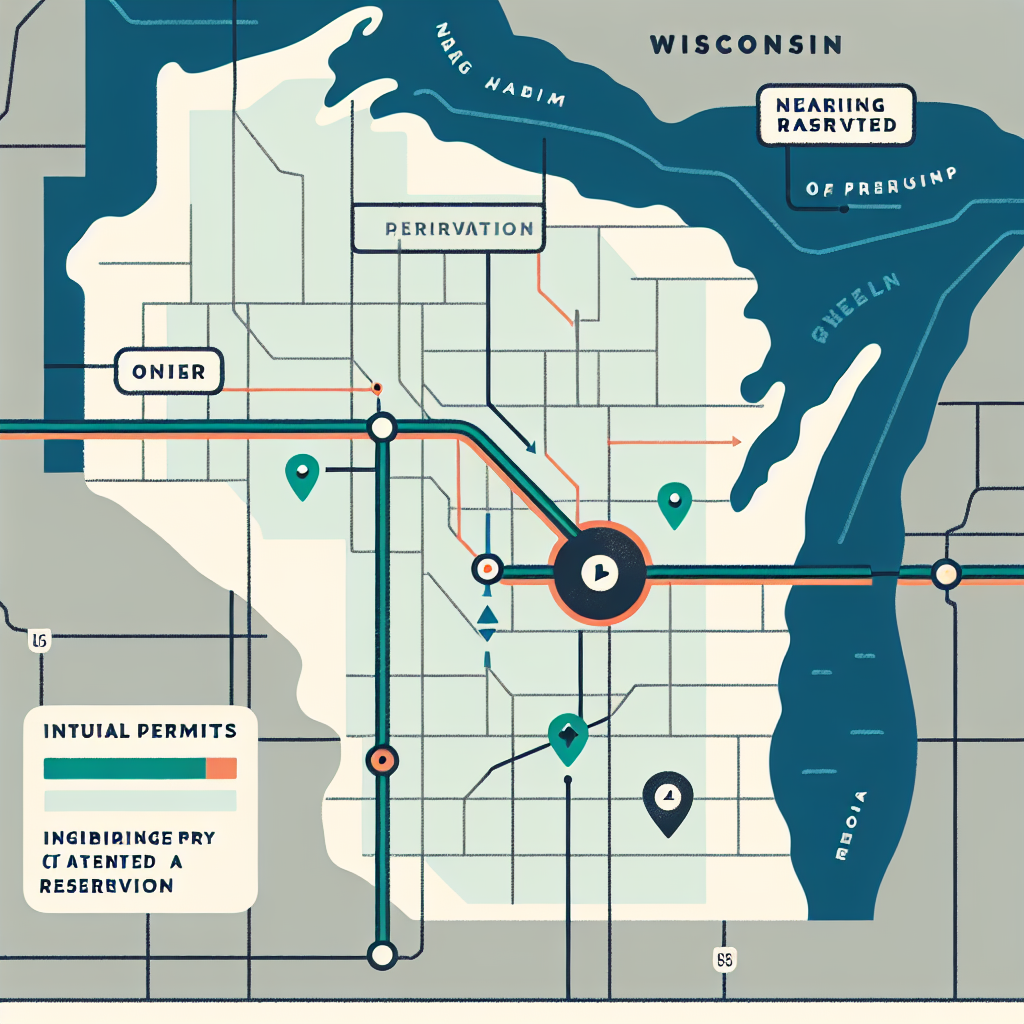Wisconsin Agency Grants Initial Permits for Enbridge Line 5 Reroute Near Reservation
Wisconsin Agency Grants Initial Permits for Enbridge Line 5 Reroute Near Reservation
Overview of the Decision
The Wisconsin Department of Natural Resources (DNR) has issued initial permits for the controversial rerouting of Enbridge’s Line 5 pipeline. This decision marks a significant step in the ongoing debate over the pipeline’s future, which has been a focal point of environmental and indigenous rights discussions.
Key Details of the Reroute
- Location: The reroute is planned to circumvent the Bad River Band of Lake Superior Chippewa reservation.
- Length: The new segment will span approximately 41 miles.
- Purpose: The reroute aims to address concerns about potential environmental hazards and respect tribal sovereignty.
Stakeholder Perspectives
Environmental Concerns
Environmental groups have expressed apprehension about the potential risks associated with the pipeline, including oil spills and ecological disruption. They argue that the reroute does not eliminate these risks but merely shifts them to a different location.
Indigenous Rights
The Bad River Band has been a vocal opponent of the pipeline, citing threats to their land and water resources. The reroute is seen as a partial victory for the tribe, although concerns remain about the broader environmental impact.
Enbridge’s Position
Enbridge maintains that the reroute is a necessary measure to ensure the safe and efficient transport of energy resources. The company has committed to implementing safety measures and engaging with local communities throughout the process.
Next Steps
- Further Approvals: The project still requires additional permits and approvals before construction can commence.
- Ongoing Dialogue: Continued discussions between Enbridge, the DNR, and affected communities are expected to address outstanding concerns.
Conclusion
The initial permit approval for the Enbridge Line 5 reroute represents a pivotal moment in the intersection of energy infrastructure, environmental stewardship, and indigenous rights. While the decision addresses some tribal concerns, it also highlights the ongoing challenges of balancing economic interests with environmental and cultural preservation. The coming months will be crucial as stakeholders navigate the complexities of this high-stakes project.














